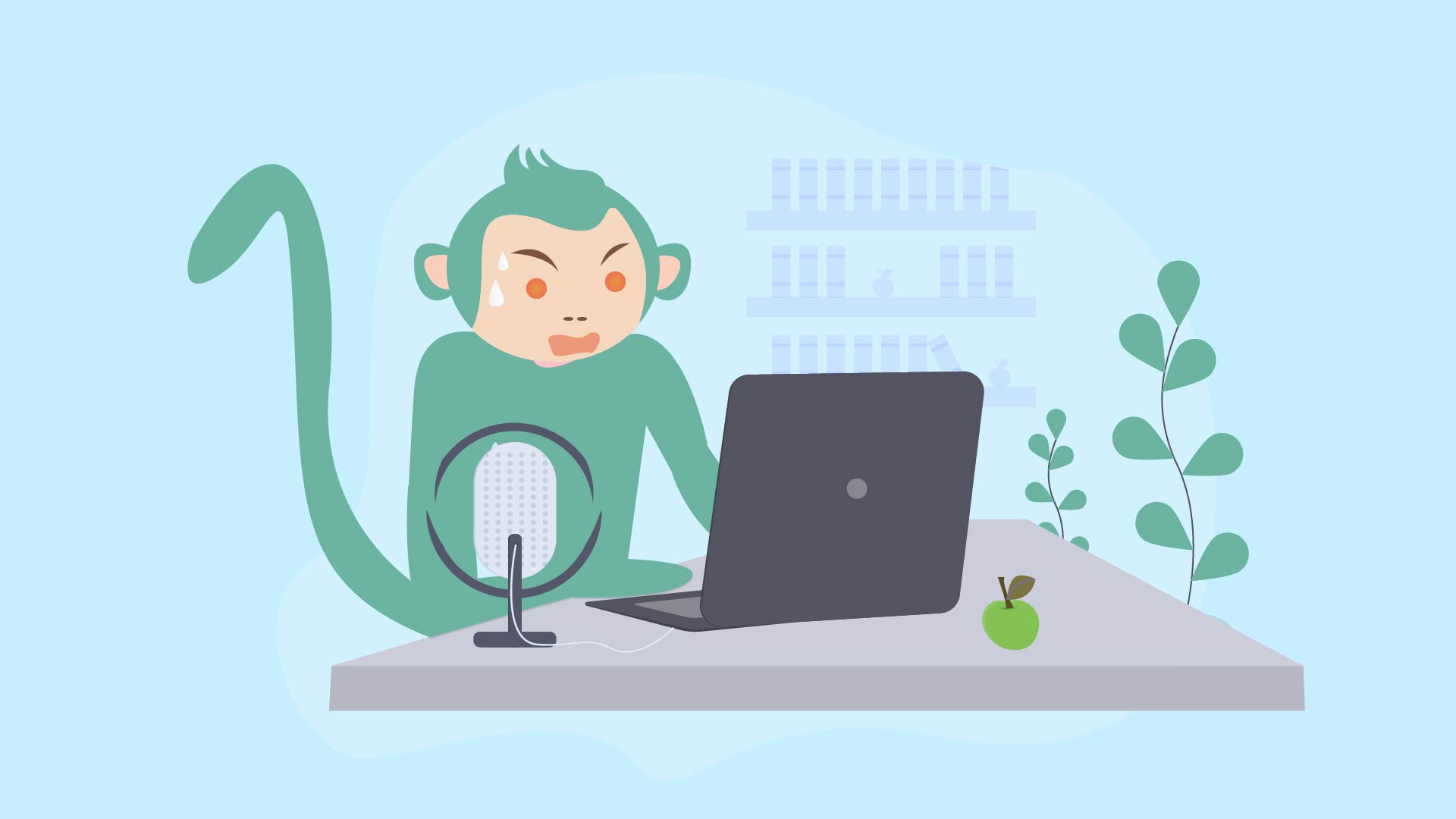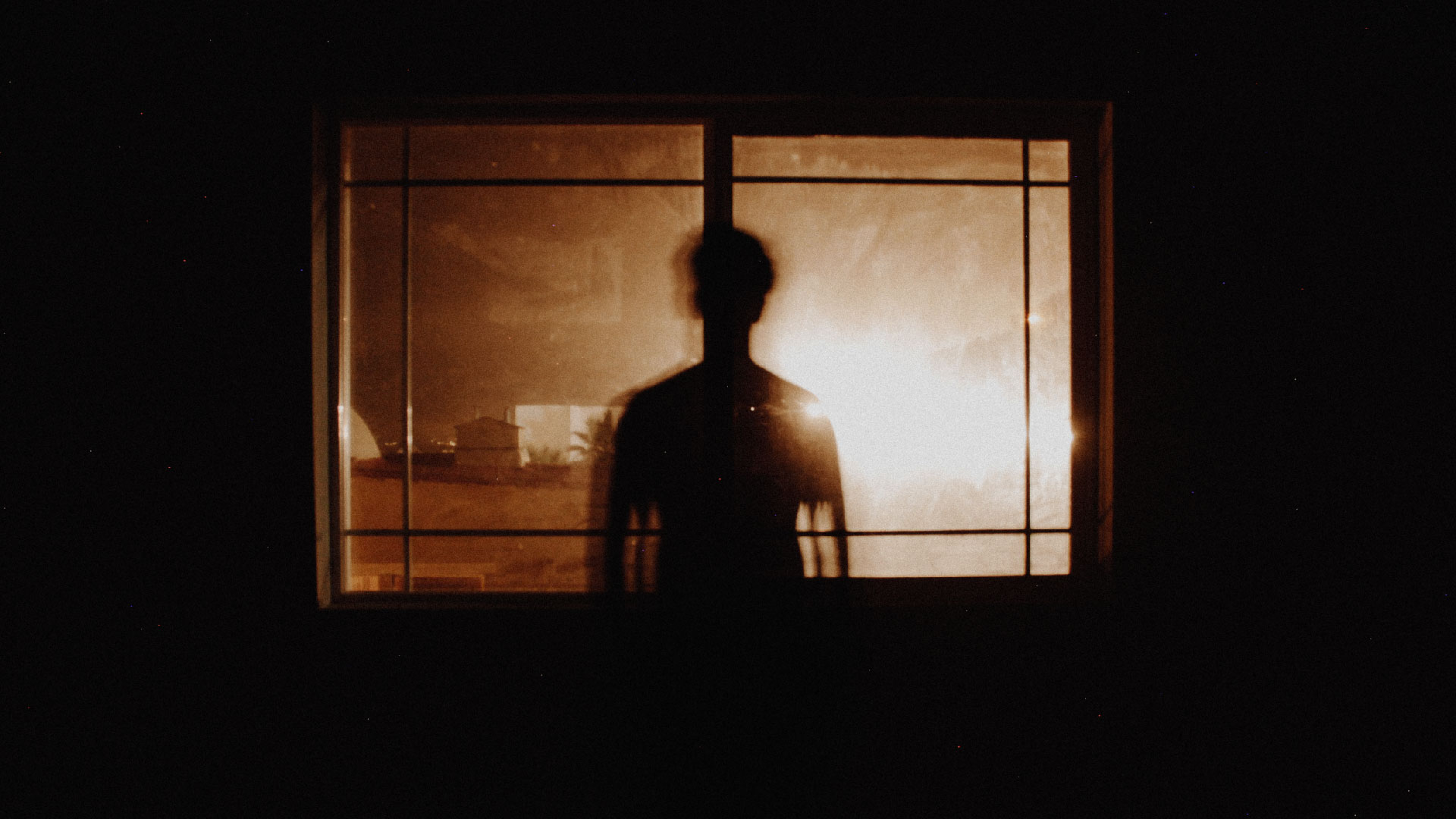It’s the most important game of the entire year. The moment you have been training for every single day. That one field goal, free throw, or penalty kick. On a regular day, you hit the mark every time. But, when it matters most, you choke; you are so far off the mark you can’t believe it.
Humans are known to perform well when the reward is high (you are more motivated to win a ranked game than a normal game). But paradoxically, when the stakes are really high, we perform disastrously. But are humans the only animals evolutionarily cursed to do so?
A study by Adam Smoulder et al. suggests that rhesus macaques also choke under pressure. Researchers trained monkeys to do a “speed + accuracy” task, where the goal was to move the cursor on a screen to reach a target.
The monkeys (N=3) were informed of the reward for successful completion prior to each trial. There were four reward sizes – Small, Medium, Large, or Jackpot. The Jackpot reward was 10 times the size of the Medium reward and available in only 5% of trials.
“Monkeys initiated trials by placing their hand so that a cursor (red circle) fell within the start target (pale blue circle). The reach target then appeared (gray circle with orange shape) at one of two (Monkeys N and F) or eight (Monkey E) potential locations (dashed circles), where the inscribed shape’s form (Monkey N) or color (Monkeys F and E) indicated the potential reward available for a successful reach. After a short, variable delay period, the start target vanished, cueing the animal to reach the peripheral target. The animals had to quickly move the cursor into the reach target and hold for 400 ms before receiving the cued reward.”
“Monkeys initiated trials by placing their hand so that a cursor (red circle) fell within the start target (pale blue circle). The reach target then appeared (gray circle with orange shape) at one of two (Monkeys N and F) or eight (Monkey E) potential locations (dashed circles), where the inscribed shape’s form (Monkey N) or color (Monkeys F and E) indicated the potential reward available for a successful reach. After a short, variable delay period, the start target vanished, cueing the animal to reach the peripheral target. The animals had to quickly move the cursor into the reach target and hold for 400 ms before receiving the cued reward.”
Researchers found that success rates (proportion of trials successfully completed) improved from Small to Large rewards for each subject, suggesting that the monkeys are more motivated to succeed, the bigger the reward. However, success rates fell from Large to Jackpot rewards: Monkey N’s success rate fell by 25.2%, Monkey F’s fell 9.6%, and Monkey E’s fell 17.2%.
Researchers tried to pin down what it was about jackpot rewards – rarity or magnitude that made monkeys choke. You might recall that the jackpot was available only in 5% of trials (rare) and 10 times the size of large reward (magnitude). To isolate the effect of each of the two features on chocking, they made the jackpot in some trials rare but not crazy big (rare-large reward), and crazy big but not rare in others (common jackpot).
Researchers found that neither rarity nor magnitude, in isolation, caused significant choking, suggesting that both features play a vital part in the phenomenon. Furthermore, monkeys, like humans, choke under pressure regardless of how much experience they had performing a task.
“This effect is robust in that it does not go away with extended practice; it persists despite changes in satiation, and it occurs in challenging tasks with very different motor demands.”
Read more about the study by Adam L. Smoulder, Nicholas P. Pavlovsky, Patrick J. Marino, Alan D. Degenhart, Nicole T. McClain, Aaron P. Batista, and Steven M. Chase here.







